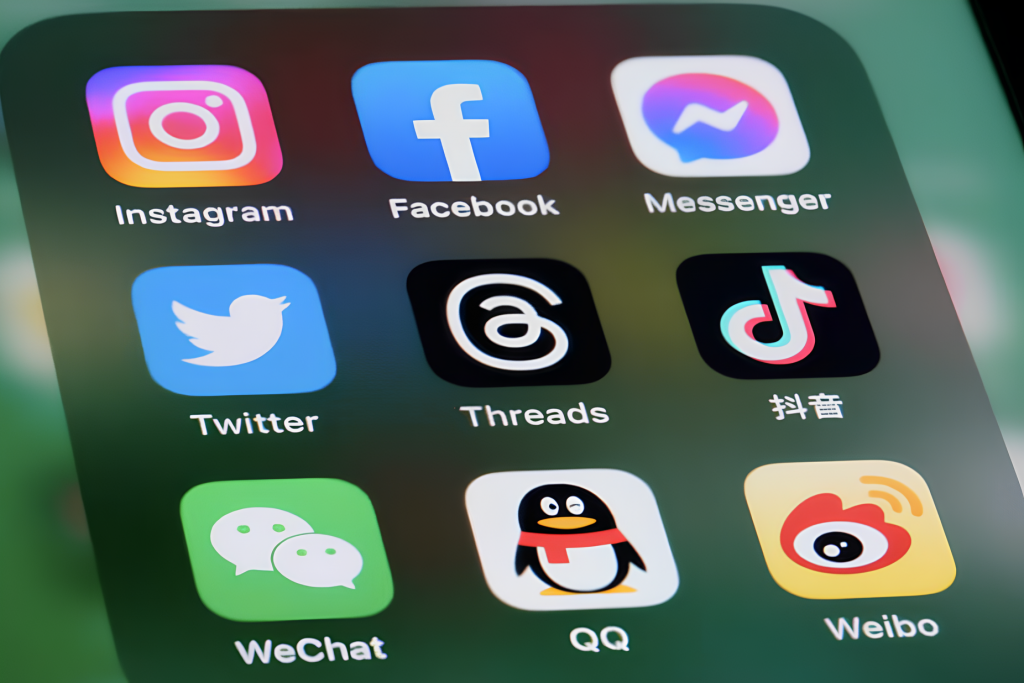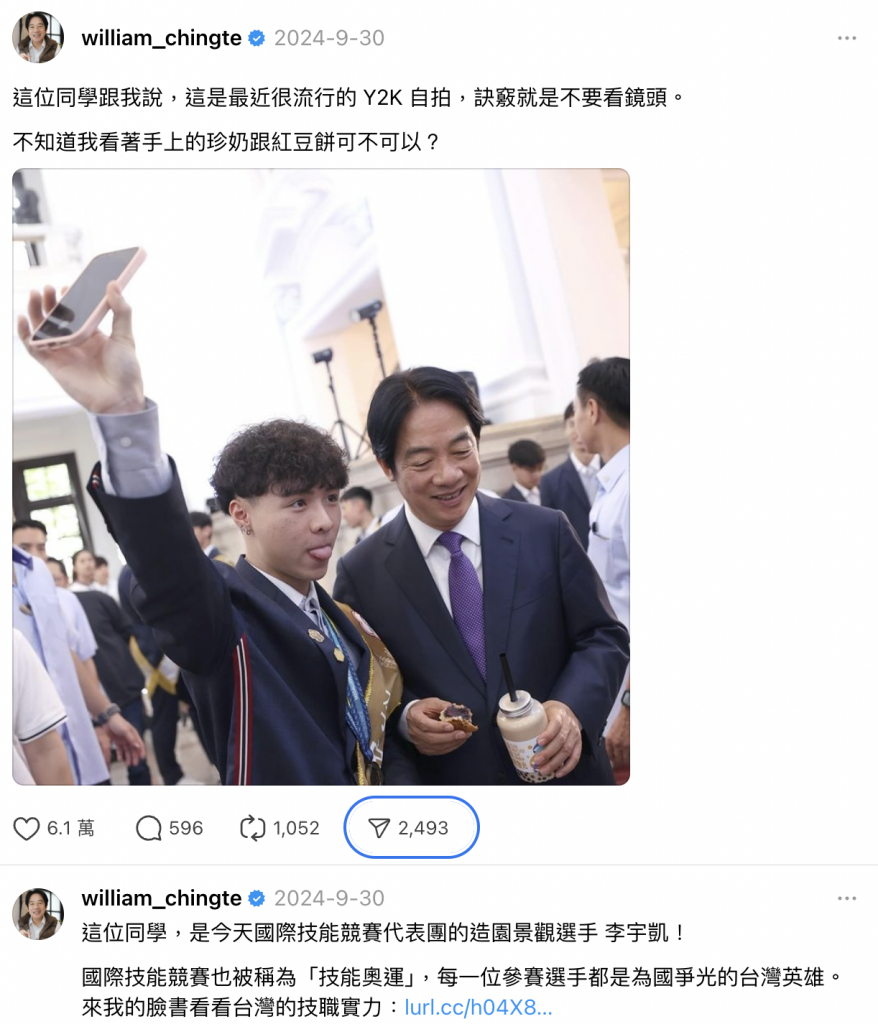Threads is a social media platform primarily focused on short text posts and is one of the products under Meta, launched in 2023. According to data from Similarweb this April, Taiwan ranked second worldwide in traffic to Threads, just behind the United States. Even Instagram head Adam Mosseri has noticed this trend, mentioning in a video: “Threads is doing really well in a variety of countries, exceptionally well in Taiwan of all places, which has been fun to see1.”
Personally, I think Threads is like a text-based version of TikTok, with an extremely intuitive user interface, and its algorithm works differently from other social media platforms. In this article, I will discuss why Threads has become especially popular among users in Taiwan.

Photo by iStock
Low Cost and Satisfying the Desire to Share
Threads doesn’t have the image formatting issues that come with posting on IG or Facebook. Combined with the fact that the demand for pure text posts has never really diminished, it has become a space where young people can freely express themselves anytime, anywhere. In fact, Taiwanese users often claim that they enjoy posting “nonsense” on Threads to satisfy their urge to share. Unlike on other social media platforms, where users need to go through more steps—such as selecting images and crafting text that matches them—to maintain their profiles, Threads offers a simpler experience.
Life is Politics
The number of Taiwanese users on Threads reached a new high during the 2024 presidential election. This surge is closely related to Taiwan’s political and economic environment. Threads users tend to be younger, and compared to the older generation, they receive information online that fosters a deeper sense of national identity. This has led them to align more with pan-Green political parties (which advocate for Taiwan as a free, democratic, and independent nation). These pan-Green supporters frequently use Threads as a means of political mobilization, posting content to endorse pan-Green candidates.
Politicians have also noticed the influence of Threads and have begun allocating social media resources to the platform. However, as previously mentioned, posts need to maintain a light and casual “nonsense” tone. As a result, politicians’ posts on Threads rarely focus on policy discussions but instead use everyday language to highlight specific social issues, strengthening their connection with younger voters. The photo below is the account of the President of Taiwan. This photo is a group shot with the WorldSkills Competition contestants. On the surface, it appears to be a Y2K-style photo, but it also raises public awareness of Taiwan’s participants in the WorldSkills Competition.

Photo by Threads.
The Algorithmic Mechanism of Threads
Threads aims to show users content that they like and are interested in, so its algorithm pushes the most relevant and valuable content to each user. Additionally, all the traffic on Threads is currently organic, meaning there are no paid promotion options. All exposure depends on the platform’s internal promotion system. I believe that the Threads algorithm focuses not on “strengthening friendships” but on “expanding like-minded communities.” Here are a few observations:
- The homepage includes both frequently viewed and unrelated topics, helping Threads match posts with viewers. Even users don’t know each other, if the content is engaging and gets likes or shares, the post becomes more likely to spread widely.
- Threads gives significant attention to first-time posters. With the right title and hashtags, posts can often generate good traffic, spreading beyond just a user’s circle of friends.
- Threads offers a 24-hour window of bonus exposure. If a post gets high interaction rates within that time, the platform will continue to boost its visibility.
Conclusion
Since its launch, Threads has continued to operate without advertisements. Coupled with its algorithm designed around “topic-based” categorization, users often find themselves spending a significant amount of time on the platform without realizing it. However, I believe we should pay more attention to how we can help users balance their time on the app, as well as the potential long-term impact this politically intertwined social media platform may have on political culture.
Reference
- Zeyi Yang. (2024, April 02). Why Threads is suddenly popular in Taiwan. MIT Technology Review. https://www.technologyreview.com/2024/04/02/1090518/threads-taiwan-election-politics-popular/ ↩︎


Nice blog! I always find it interesting to hear about trends in places that I’m otherwise not so familiar with. It’s especially interesting to see how social media platforms like this impact politics and it was interesting but perhaps not too unexpected to read that Taiwanese officials also have started engaging in more casual seeming communication on social media to appeal to young people, just like what you see in countries like the US.